In Citizens United, the 5-4 conservative minority on the John Roberts Court ruled that free speech is essential to a democracy and political contributions are a form of free speech, including contributions from corporations and unions.
Since 2010, corporations and unions are much more free to spend money in primary and general elections.
Writing for the dissenting minority, Justice John Paul Stephens (now retired) referred to corporations and unions: “The Court’s ruling thus dramatically enhances the role of corporations and unions … in determining who will hold public office,” he wrote.
But Stephens reserved most of his criticism of the majority decision to the over-sized role that corporations play in electoral politics:
“Not only has 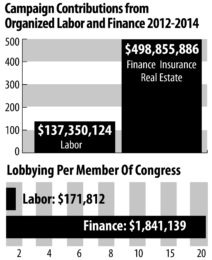 the distinctive potential of corporations to corrupt the electoral process long been recognized, but within the area of campaign finance, corporate spending is also furthest from the core of political expression, since corporations’ First Amendment speech and association interests are derived largely from those of their members and of the public in receiving information.”
the distinctive potential of corporations to corrupt the electoral process long been recognized, but within the area of campaign finance, corporate spending is also furthest from the core of political expression, since corporations’ First Amendment speech and association interests are derived largely from those of their members and of the public in receiving information.”
Stephens quoted from a 2003 decision, McConnell v. FEC, which the majority disregarded in its Citizens United ruling:
“The corrosive and distorting effects of immense aggregations of wealth that are accumulated with the help of the corporate form and that have little or no correlation to the public’s support for the corporation’s political ideas.”
He paid less attention to unions, because they contribute so much less to campaigns than do large corporate interests.
The chart at left illustrates the disparity between political contributions made by organized labor and by one sector of the corporate community: FIRE—finance, insurance, and real estate.
Also illustrated (above) are Wall Street contributions to federal candidates in two-year election cycles since 2000.
The year 2008, Barack Obama’s first race, was the only election cycle in which big finance gave more to Democrats than Republicans.
The passage of the Dodd-Frank financial reform legislation in 2010 was followed by a spike in Wall Street contributions to Republicans, who opposed the reform bill signed into law by Obama.
Sources: Americans for Financial Reform: “Wall Street Money in Washington”; and OpenSecrets.org.
Lou Dubose is the editor of The Washington Spectator.

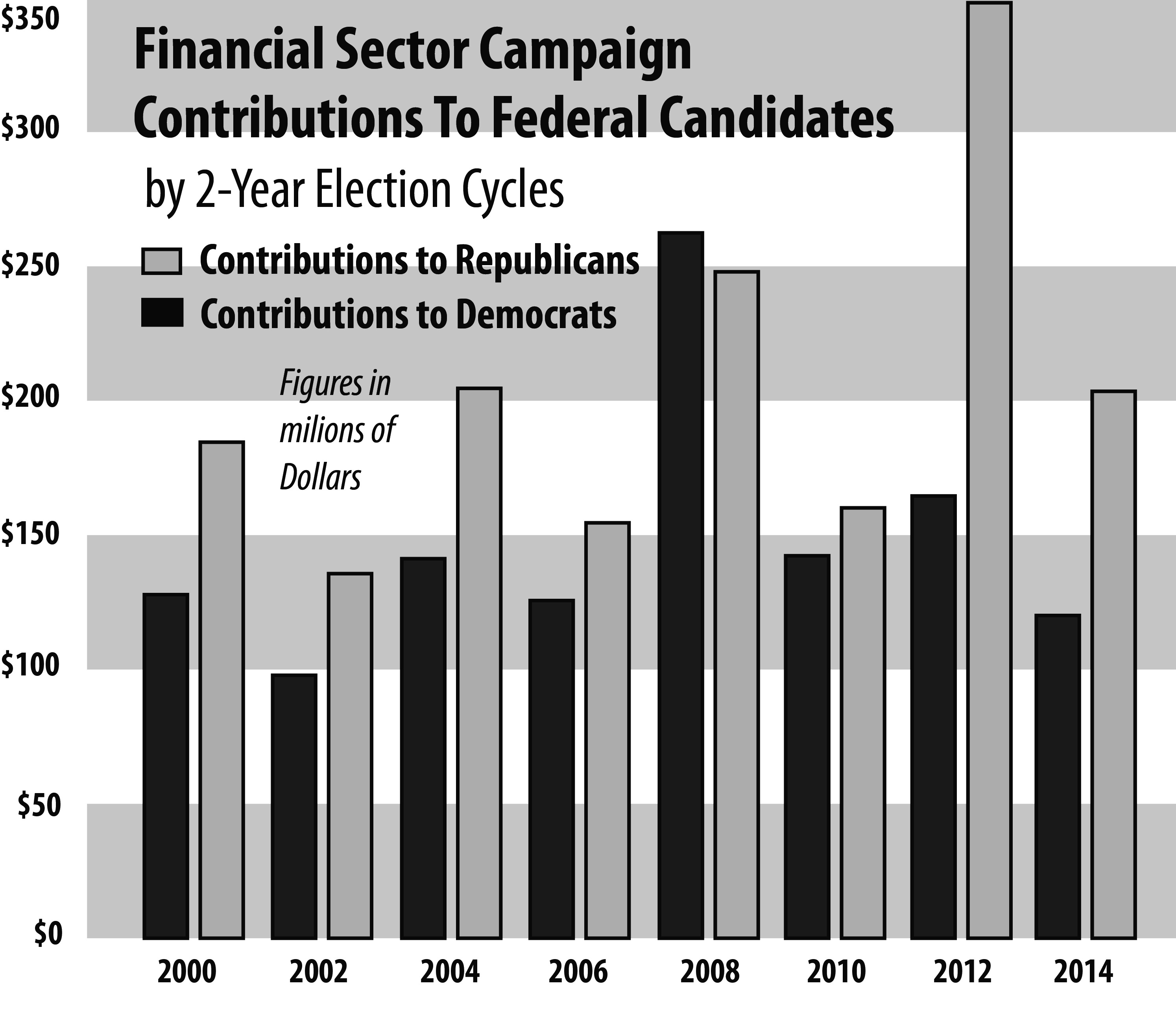

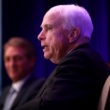
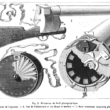
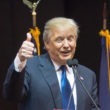

0 Comments